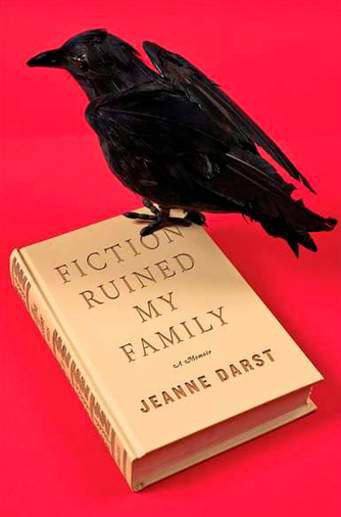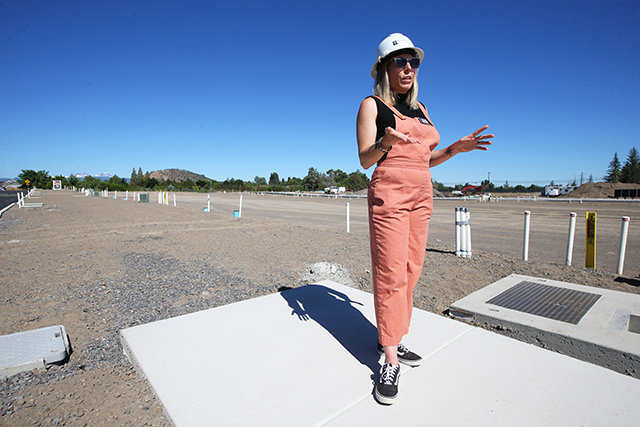‘Fiction Ruined My Family’ a winningly snarky memoir
Published 5:00 am Sunday, October 2, 2011

- 'Fiction Ruined My Family' a winningly snarky memoir
“Fiction Ruined My Family” by Jeanne Darst (Riverhead Books, 303 pgs., $25.95)
It’s all about the wisecracks for Jeanne Darst, a memoirist who sticks to the crazy-family template in “Fiction Ruined My Family.” Darst grew up with her parents’ alcoholism, social pretensions, delusional behavior and financial instability. She and her three sisters played peculiar games. (“You’re Patty Hearst, and we’re the SLA.”) She began drinking heavily herself and took temporary jobs (like hydrangea window-box gardener), failing at all of them. She watched as her parents’ marriage broke up and tried not to mimic their behavior.
Trending
One day she woke up and “saw the genome on the wall.” Not surprisingly, considering the many other memoirs that follow the same trajectory, she realized that she would have to change.
As its title indicates, “Fiction Ruined My Family” adds a literary aspect to these standard-issue ingredients. The author’s father, Stephen Darst, wanted so badly to write that he moved his family from St. Louis to Amagansett, Long Island, a better place for what he called “getting the novel together.” It’s not exactly clear why he deemed this setting more conducive to his work, but Darst found herself “living on a farm, which I would quickly discover had more New Yorker writers on it than cows and chickens.”
Darst’s mother, Doris Gissy Darst, appeared as a stellar equestrian on a cover of Sports Illustrated in 1956. That background, along with her mother’s Social Register family status, shaped Darst’s childhood as surely as her father’s literary aspirations did. With a friend from the same Hamptons yacht club, she played a game they called the Weinhausers, about shunning a family of poor townies. (“Get outta my house, you lousy Weinhausers!”) Such snobbery remained alive and well when the Darsts moved to the New York suburb Bronxville, which, she says archly, had stores for dads that sold pink corduroys.
As is usual in such books, Darst claims to have fit in nowhere. She says that her father’s conversational style made it especially hard to make friends. A girl whom Darst met at the local Teen Center might find herself grilled by her father as he drove them home: “Now, Shannon, who would you say, and I know it’s tough to name just one, but if someone had a gun to your head, who would you say is your favorite essayist?”
Most of “Fiction Ruined My Family” attests that Darst’s parents provided her with a mother lode of comedic material. She had a mother who presented Thomas Harris’ ghastly “Hannibal” to one of her grandchildren as a baby gift and, when told the child was only 2 months old, replied, “I know, sweetie, you’re going to have to read it to her.” Darst’s father gave her baby son a gift of Stilton cheese, supposedly because it was soft.
But even stories this loony eventually run up against sad reality. Darst’s description of how, after so many near-death experiences, her mother actually did die makes it clear how much unfinished business remains between them.








